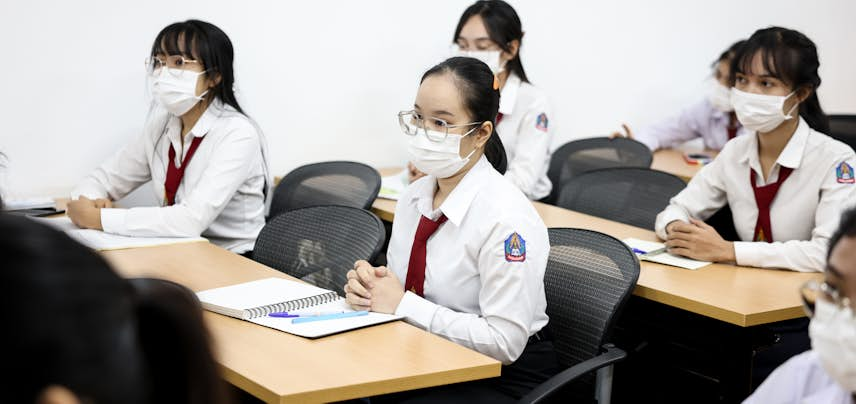Gender
The promotion and protection of gender equality remains a priority of Luxembourg’s foreign policy, including in relation to development cooperation, where gender is at the core of the work done. To effectively strengthen gender equality, the intersection between gender and other factors, such as age, disability, ethnicity and socio-economic status, must be taken into account. It is also necessary to address the discriminatory structures and gender-based social norms and stereotypes that are the root causes of gender inequality. Action by women in the public and private spheres of life is crucial.
Since the commitments made at the Generation Equality Forum in July 2021, Luxembourg has made tangible progress. In addition to taking positions in international and European fora, Luxembourg has implemented concrete measures.
After revising its gender strategy, making it resolutely progressive and tailored to meet current global challenges, The Luxembourg Development Cooperation has developed several operational tools and sector-specific sheets to ensure gender is integrated and actually taken into account in the management of the Luxembourg Development Cooperation programming and project cycle. More specifically, the various actors within the Luxembourg Development Cooperation are being equipped with the appropriate tools for the methods used to implement activities in the various components of the Luxembourg Development Cooperation.
In September 2022, Laos was chosen as Luxembourg Development Cooperation’s first partner country, and relevant local ministries were made aware of the need to implement the cross-cutting themes of gender and environment and climate change. In addition, Luxembourg’s embassy in Vientiane, LuxDev staff and Luxembourgish NGDOs on the ground were trained to use the tools developed.
In order to promote a healthy working environment, the Luxembourg Development Cooperation has continued its work on developing actions to prevent and combat all forms of sexual and gender-based violence. On the basis of online training courses, which were organised in 2021, a self-directed training guide was developed to support the NGDOs to improve their internal procedures for the prevention, detection and treatment of and protection against all types of sexual and gender-based violence. The Luxembourg Development Cooperation supports a significant number of multilateral initiatives that strengthen women’s rights, including the “Education Plus” programme, implemented by UNAIDS, which aims to ensure that all adolescent girls and young women in sub-Saharan Africa have access to high-quality secondary education and the joint programme for the eradication of female genital mutilation run by UNICEF and the United Nations Population Fund (UNFPA). In addition to these actions, the Luxembourg Development Cooperation has also signed its first framework agreement with UN Women, providing the organisation with an additional budget of EUR 8 million, particularly in the field of innovative financing.
At partner country level, Luxembourg continues to support the new phase of the Illimin project, a UNFPA flagship initiative in Niger focusing on engaging men to encourage greater overall change in the community in relation to sexual and reproductive health and rights, gender and respect for the rights of young girls. Support for the Illimin project totals EUR 7 million for the 2022-2026 period.
In Senegal, Luxembourg is contributing EUR 500 000 for the 2022-2025 period to fund the VIMOS project, which is implemented by civil society actors and focuses on preventing sexual violence and female genital mutilation among young women, as well as on the development and support of care for victims.
